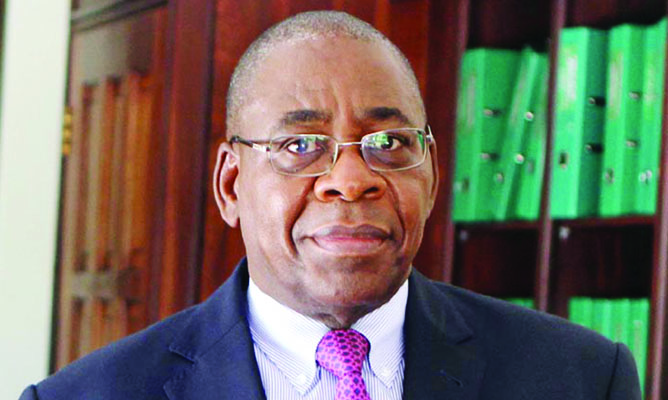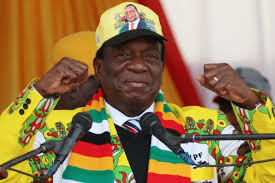
BY SHAME MAKOSHORI, RECENTLY AT CABORA BASSA OILFIELDS THIRTY-five Zimbabwean pension funds have moved to make strategic investments into Invictus Energy, the Australian outfit that is exploring the Cabora Bassa oilfields.
On Friday, Invictus said it would be sinking the first of two planned test wells on a site near Mahuwe early next month, as shareholders hold their breaths, hoping for a positive outcome after pouring US$16 million in five years of exploration.
Vice-chairperson Joe Mutizwa told reporters at the wellsite that Mangwana Capital, a Pan African fund with shareholding in the oil and gas explorer, represented 35 local pension funds.
Mangwana, which is under the stewardship of Mutizwa, snatched significant shareholding in Invictus over a year ago, giving the former Delta Corporation chief executive officer a board seat.
Mutizwa said if Invictus struck a fortune in northern Zimbabwe, the development would mark the beginning of good times for Zimbabwe’s pension funds.
Pension funds are currently under pressure to hike payouts in tandem with inflation as the economy relapses into fresh chaos.
“Mangwana Capital represents 35 Zimbabwean pension funds,” Mutizwa told reporters.
“The pension funds are directly invested in the project. If we are successful here, thousands and thousands of pensioners represented by the pension funds will benefit. The sovereign wealth fund has partnered us. If we are successful here, this project will be a game-changer, it will be transformational for Zimbabwe,” the businessman added.
- Chamisa under fire over US$120K donation
- Mavhunga puts DeMbare into Chibuku quarterfinals
- Pension funds bet on Cabora Bassa oilfields
- Councils defy govt fire tender directive
Keep Reading
Mangwana Capital has under its stewardship the Mangwana Opportunities Fund, which has a broad footprint across key economic sectors including agriculture, resources and energy.
It targets investments into the region’s agriculture, resources and energy, according to the fund’s website.
Invictus’ first test well — Mukuyu 1 — had first been slated for the final quarter of 2021.
But the globe was at the time still battling to forestall pandemic waves, which crippled global supply chains and unsettled investment flows across regions.
In addition, Exalo, the rig that has been given the mandate to deliver what would be Zimbabwe’s first oil well, was undertaking similar adventures off the Tanzanian coast, before being held up by customs authorities in that country, in a yet to be explained circumstances.
The Australia Stock Exchange-listed junior would be injecting US$16 million for the Mukuyu 1 operation.
But if Cabora Bassa hits “transformational” phases Exalo would have to strike gas or oil, as it drills 3,5 kilometres down in an operation projected to last eight weeks, Mutizwa noted.
The US$16 million will bring total expenditure for the 100 000 hectare asset to US$32 million since the firm gained exclusive rights to explore the Zambezi in 2017, officials said.
The operation has in the past few weeks received a boost following Exalo’s arrival.
At the wellsite about 15 kilometres north-west of Mahuwe growth point in northern Zimbabwe, shareholders said they were anxious to find out if promising exploration data at hand would end with oil gushing out.
On Friday at least 85% of Exalo had been assembled at Mukuyu 1.
It towered defiantly above swathes of Mopani woodlands at the heart of boundless jungles, as Paul Chimbodza, managing director at Geo Associates, Invictus’ local partner, described it as a “monster”.
“We don’t know what is underground until this rig does its work,” Paul Chimbodza an investor in the project, told reporters.
“But the seismic scan holds structures that we believe are hydrocarbons. And hydrocarbons include both oil and gas,” he noted.
“We hope to start our first spud (drill) by the end of this month or the first week of September,” Chimbodza said.
He projected that investors would inject US$100 million before the first oil or gas oozes over the ground.”
- Follow us on Twitter @NewsDayZimbabwe







